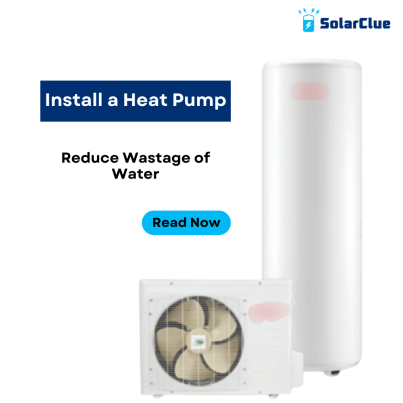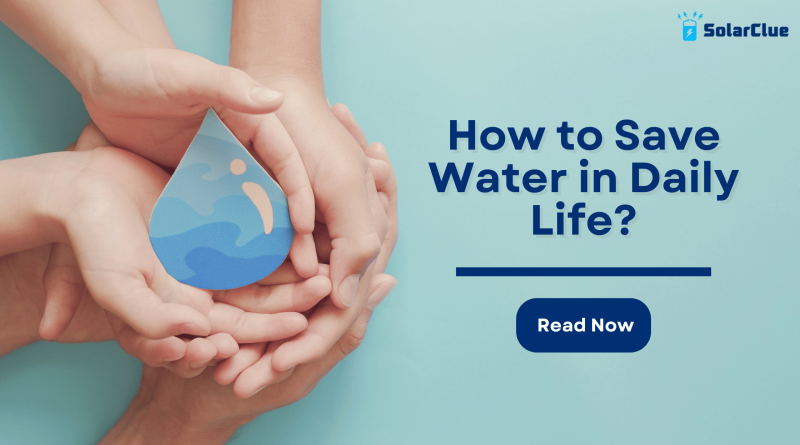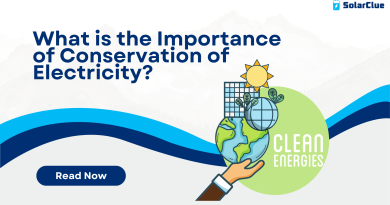How to Save Water in Daily Life?
Water is a precious and limited natural resource. We must know how to save water in daily life. Otherwise there will be a scarcity of water for the future generations. We must use it reasonably use it and not take it for granted.
In this blog, we’ll explore the importance of saving water, and how can we save water at home. We will discuss ways to do that by adopting new and sustainable technologies. Let’s get started!
Table of Contents
Why Should We Save Water?
As it was discussed earlier, water is a limited resource. So we must use it reasonably. Saving water is crucial for several reasons:
- Water scarcity: Many regions around the world, including parts of India, face water scarcity due to factors like drought, population growth, and climate change.
- Environmental impact: Overuse of water resources can harm ecosystems and wildlife habitats.
- Energy savings: Heating water accounts for a significant portion of household energy consumption, so reducing water usage can lower your utility bills.
- Cost savings: Conserving water can lead to long-term cost savings on your water bills.
- Sustainability: Adopting water-saving practices promotes a more sustainable lifestyle and preserves natural resources for future generations.
How Can You Save Water?
You must save water in your daily lives, like fix any leaks, reuse water, take shorter showers, etc. But you can also save water by adopting technologies which are sustainable.
When it comes to water, we cannot forget our daily need for hot water. In every Indian home, we see a geyser. You must have noticed, which you turn on the hot water tap, it takes some time for the hot water to flow. So, by the time hot water flows, the cold water goes for a waste. The wastage of the amount of water may not directly affect your life, but this water is very precious. Water is a limited resource, and any amount of water wasted will affect the future generations.
We must adopt such technologies will will solve this problem. For your daily hot water needs, you can install a heat pump in your home. It will efficiently help you meet all your hot water needs, without any wastage of water.
What is a Heat Pump and How Does It Work?

A heat pump is a water heating appliance just like a geyser. But the main difference lies in the way it works. It works by extracting heat from the surrounding air and transferring it to the water in a storage tank. This process involves three main components:
- Exhaust fan: This fan draws in air from the surroundings.
- Compressor: The compressor compresses and circulates a refrigerant, which absorbs heat from the air.
- Storage tank: The heat absorbed by the refrigerant is transferred to the water in the insulated storage tank, heating it up.
This process allows heat pumps to use significantly less energy than geysers. Additionally, because the water is heated gradually and stored in the tank, there is no need to constantly run water until it reaches the desired temperature. This results in substantial water savings.
How to avoid wastage of water using a Heat Pump?
A heat pump continuously heats water, as you need to keep it turned on all the time. It keeps the hot water stored in the tank, eliminating the need to let water run until it’s hot. Its efficient heat transfer process extracts warmth from the air, gradually heating the tank’s water. When you turn on the tap, hot water flows instantly, preventing wastage. Despite running non-stop, heat pumps use 75% less energy than geysers, as a heat pump works on the principle of transferring heat from one place to another. And this requires less electricity that directly heating water using electricity. This results in water and cost savings simultaneously.
What Are the Other Benefits of a Heat Pump System?
Apart from water and energy savings, heat pump water heaters offer several other advantages:
1. Cost-effective
Heat pumps have high upfront cost. However, they make up for it through lower operating costs. Heat pumps transfer heat rather than generating it directly. This uses far less electricity – up to 75% less. Over its 10-15 year lifespan, a heat pump can save you hundreds or even thousands in energy costs. So it is actually a cheaper alternative to other traditional water heaters like geysers.
2. Long lifespan
With proper maintenance, heat pumps last 15 years or more – significantly longer than standard electric geysers (8-10 years). So there is no need for replacement for a long time. This extended life cycle also contributes to it being a cost-effective option.
3. Manual temperature setting
Heat Pumps have the feature of manually setting temperature at the desired temperature. Normally, it heats water to a temperature of 55°C. But it can be changed as per the required. This feature is not there in traditional water heaters.
4. Positive environmental impact
By using 75% less electricity than conventional water heaters, heat pumps produce fewer greenhouse gas emissions. This also helps to prevent major environmental issues climate change and reducing carbon footprint. So heat pumps are not only a cost saving alternatives, but also is a way towards a sustainable future.
5. Efficient in cold climates
Conclusion
Saving water in India is the need of the hour. Otherwise there will be a scarcity of water for the future generations.
If you are wondering what can you do to save water, you can do it by adopting heat pumps, a sustainable water heating device. It not only saves water, but also saves electricity. This leads to a positive impact on the environment. It is time for India to invest in a heat pump for a sustainable future.
Visit SolarClue® to see the best heat pump water heaters. SolarClue® is an online marketplace where solar energy products are sold at discounts up to 50%.




